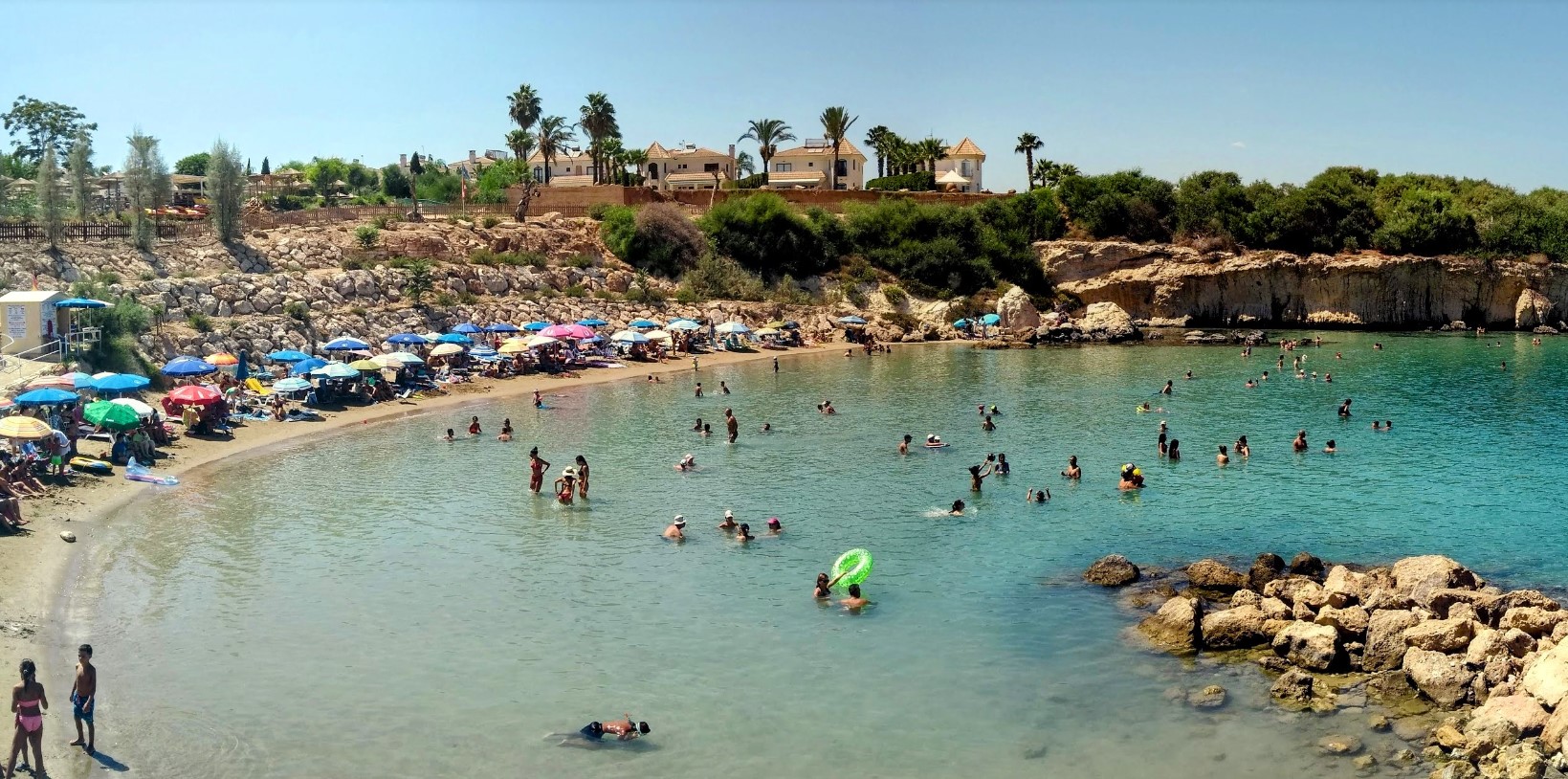“We all need to be cautious when discussing our country’s tourism sector, which is vital to the daily lives of tens of thousands of our fellow citizens,” according to Deputy Minister of Tourism Kostas Koumis.
In an interview provided to the Cyprus News Agency (CNA), Koumis highlighted the resilience of Cyprus’ tourism industry, saying that it is experiencing another successful year.
Commenting on an article by British tabloid the Daily Express, which claimed there was “panic” in Cyprus’ tourism industry due to decreased bookings, the deputy minister clarified that the report was based on a statement by the president of the Cyprus Hoteliers Association (Pasyxe) at its general assembly earlier this month, concerning the bankruptcy of the German tour operator FTI.
“First and foremost, I would like to emphasise that despite the many challenges characterising this year, our tourism sector is demonstrating a remarkable trajectory with positive indicators in arrivals and revenue, as evidenced by the data from the Statistical Service,” Koumis stated.
He pointed out that arrivals in the first half of the year increased by 2.4 per cent, while tourism revenues for the first four months showed a 5.5 per cent rise.
“I must clarify that the bankruptcy of the specific tour operator certainly dealt a blow to our country, as it did to others, but considering the scale of its activities here, the overall losses were not substantial enough to cause panic,” he said.
Moreover, the deputy minister explained that the total bookings for the entire year by the tour operator amounted to 30,000 people, of whom 5,000 had already arrived in Cyprus when the bankruptcy was declared early last month.
He also said that 80 per cent of the remaining 25,000 bookings rescheduled their holidays to Cyprus through other channels.
“The losses for the overall tourism industry are relatively negligible, considering the total number of tourists expected to visit our country this year,” Koumis said.
Addressing reports referring to “damage to tourism”, Koumis clarified that this pertains to lost revenue rather than actual financial losses or damages.
“I believe it is important to clarify this. Certainly, some hotels recorded financial losses, but this concerns uncollected revenue for each unit individually, which is another matter,” he explained.
Koumis reiterated that this year was plagued by numerous challenges with negative impacts, mentioning the tension in the Eastern Mediterranean region, the economic conditions in major European economies, and the crisis in the aviation sector, which affected planning and further progress this year.
“The latter was perhaps the biggest challenge we faced,” he said, saying that Cyprus, being an island at the easternmost edge of Europe, has a geographical disadvantage due to its distance compared to some other competitive destinations.
“Nevertheless, we managed to maintain a satisfactory air connectivity this year, which is not inferior to previous years,” Koumis stated.
“On the contrary, we should be proud that we identified the challenges early and took the necessary steps in time,” he added.
Additionally, he stressed that the important thing is that Cyprus’ tourism sector is showing resilience and experiencing another good year.
Referring to the decrease in the average length of stay and spending recorded in some markets, he attributed this mainly to the economic situation in major European economies, which is beyond Cyprus’ control.
Moreover, the deputy minister also pointed out that this is a phenomenon observed in many other destinations.
“These factors, along with others, certainly affect the profitability of tourism businesses, which is also influenced by changing visitor habits and even climate change,” he said, adding that many other destinations are also experiencing a decline at this time.
“Recently, I regret to say, I have noticed some negative reports that unfairly criticise our country’s tourism as a whole, and I must clarify that I am not referring to the specific article I was asked to comment on,” he said.
“We are a country with excellent public and private infrastructure, natural beauty, and a tourism experience that visitors enjoy,” Koumis added.
He also said that he believes that “we all have a responsibility to protect our country’s tourism as a precious asset.”
“We all need to be cautious when discussing our country’s tourism sector, which is vital to the daily lives of tens of thousands of our fellow citizens,” Koumis concluded.







Click here to change your cookie preferences